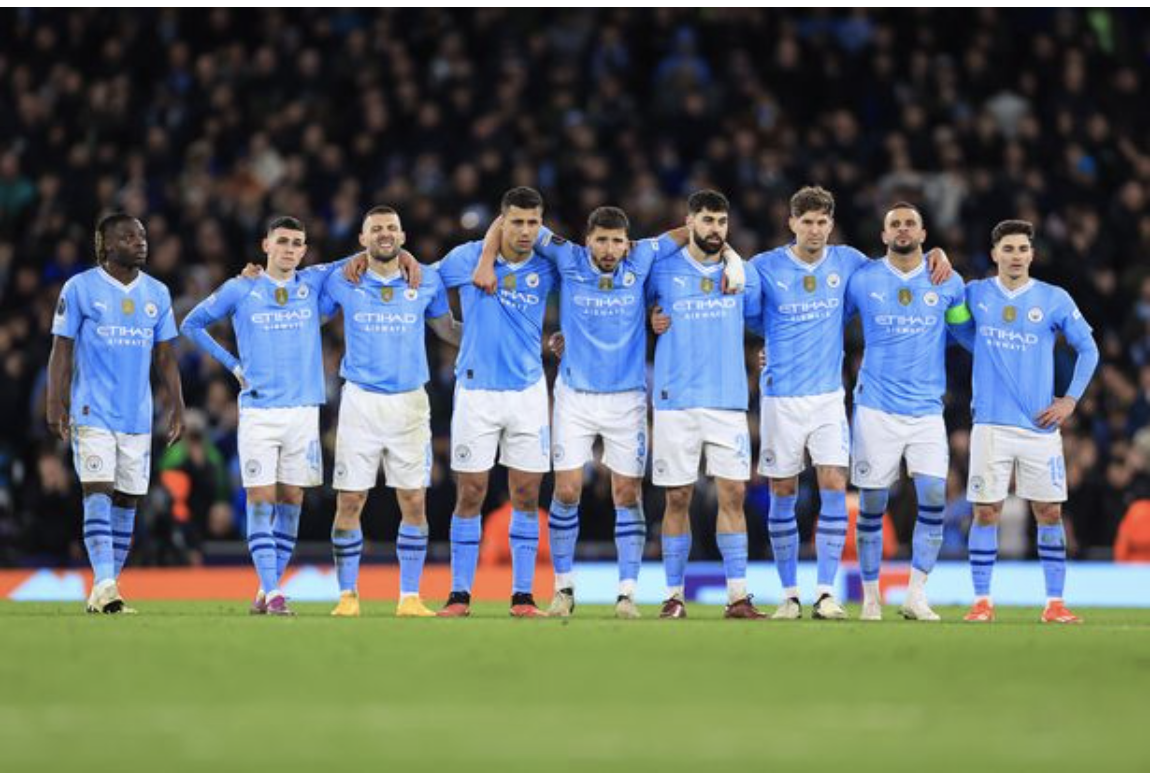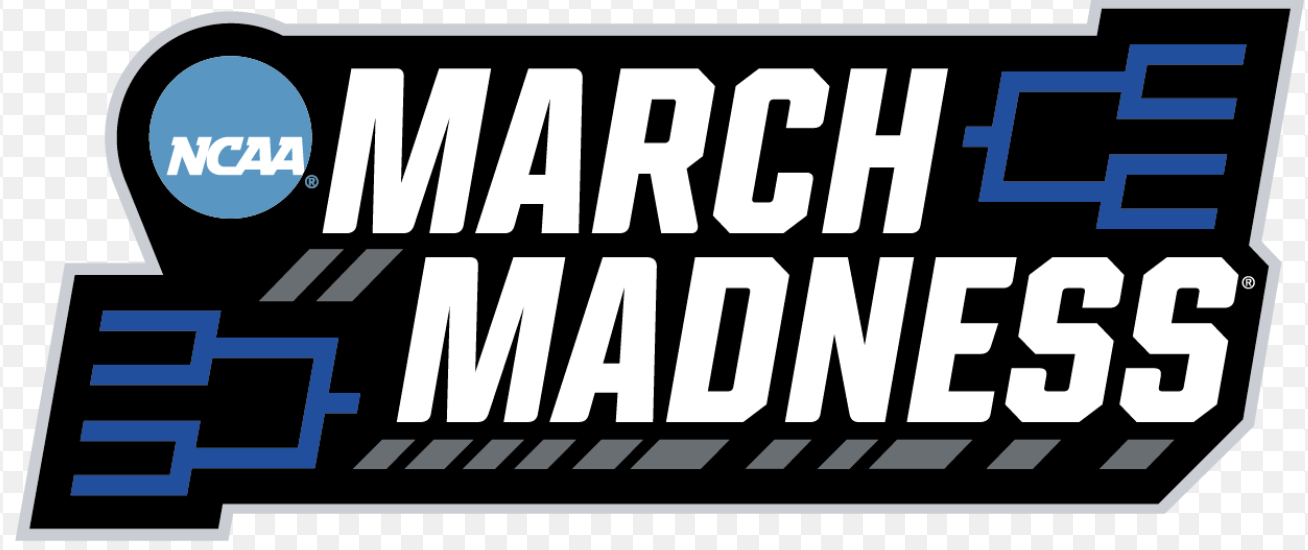By Reza Murfi, Y12
Since lockdown, many of us have missed the action packed sports games during the weekends. Even though professional sports are back on the rise, this hasn’t stopped events such as professional video game tournaments (esports) from filling their spots and growing as an industry. At first, one might not consider professional gaming as a sport, but the IOC recognises chess and orienteering as ones, so why not esports?
You may have heard of some popular esports teams such as Faze, TSM, Fnatic, etc. These teams have come to the forefront over the past couple of months, largely due to the lockdown. If esports are relatively novel to you, then you may, on the other hand, have never heard of any of those teams before. It may come as a surprise, then, that according to the World Economic Forum, the global video game market is estimated to be about $159 billion in 2020, four times the size of the box office and three times —the music industry. Total esports viewership is also expected to go up 9% annually for the next 4 years. Moreover, many mainstream celebrities such as Travis Scott, Drake, and DJ Marshmello have aided the gaming industry in boosting viewership and endorsing gaming products.
With coronavirus hitting the world, people now have much more time to spend at home. Most will agree that our media consumption has increased exceptionally over the past few months; platforms such as Twitch, Youtube Gaming, and Facebook Gaming have all experienced a surge in growth (around a 20% increase in usage hours.) Not only has media consumption for gaming increased, but the amount of people playing games has as well. New game downloads have increased by 80% and total gaming downloads — by 50%. This shows that more people are playing games, and new ones at that.
But what does this say about esports? Many esports events are fundamentally reliant on having large audiences at their events. Without this, a lot of the organisation for these events to take place may not be possible. However, due to the lack of sports on television, many broadcasters turn to this industry to find something to fill the gap. NASCAR has done exceptionally well, with its iRacing Series attracting at one point 1.3 million viewers. This is not to say that NASCAR is the only one finding the solution. Formula 1 has done something similar with interactions from F1 drivers and the F1 community playing Codemasters’ F1 2020 video game, and games such as Fortnite and Call of Duty Warzone have also received massive growth throughout the quarantine.
With the rise of esports throughout lockdown may we see more of a move away from mainstream athletic sports? Probably not. Many sports have already started to resume their seasons, and even without fans at the stadium, lots of money gets poured into advertising and merchandise. In 2011, Statista reports gate receipts in the NBA made up almost 30% of their total revenue, a decade later and that number is at 22%, only projected to go further down. With mainstream sports becoming less and less dependent on ticket sales, and more about branding and merchandise, esports will still continue to be a niche category compared to other industries.



